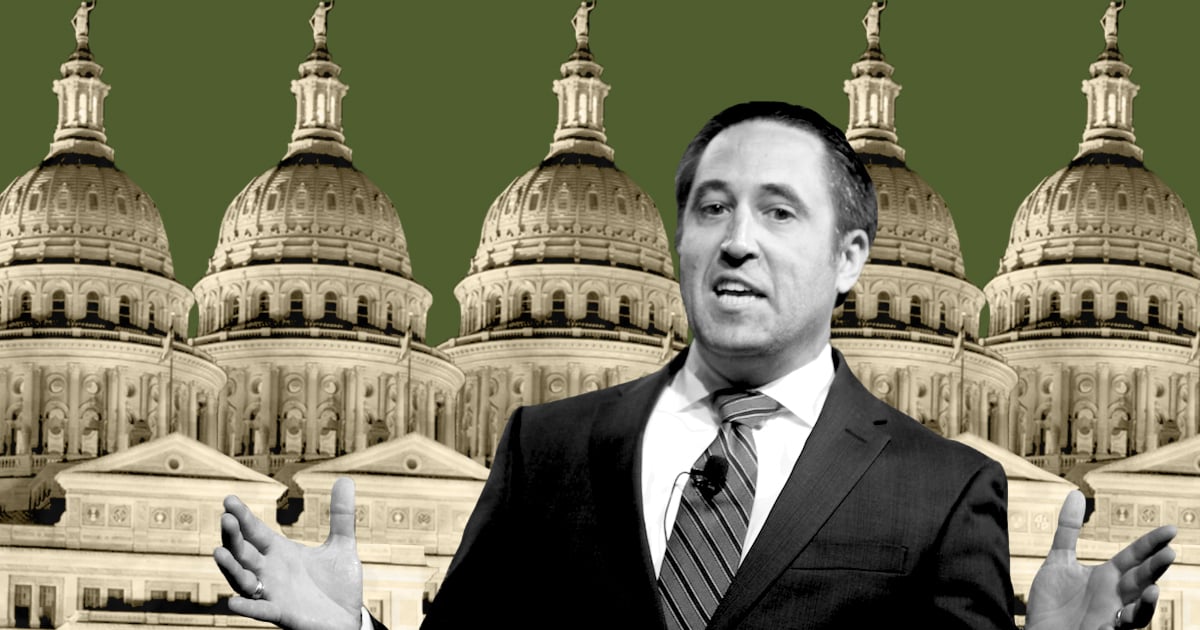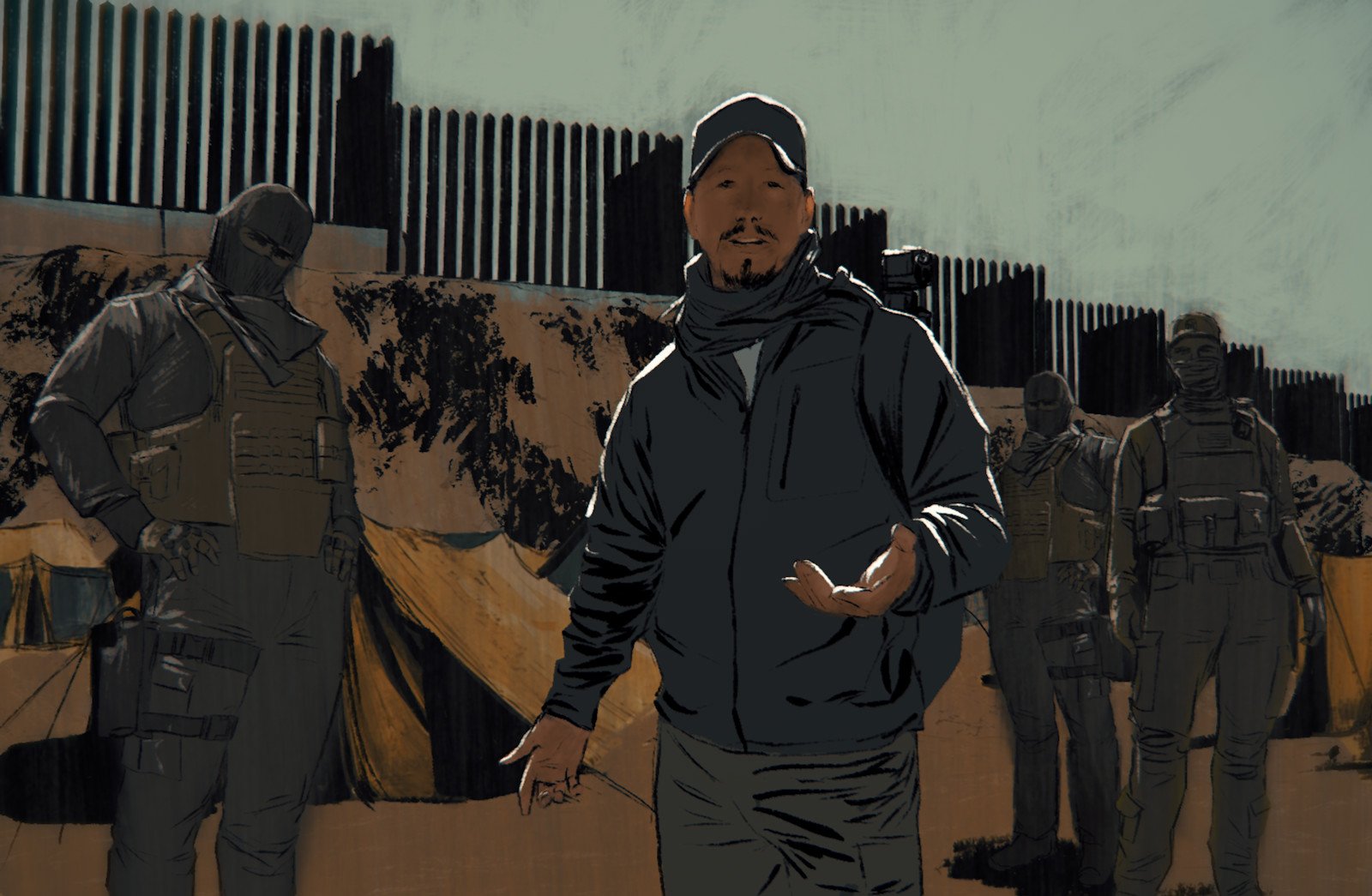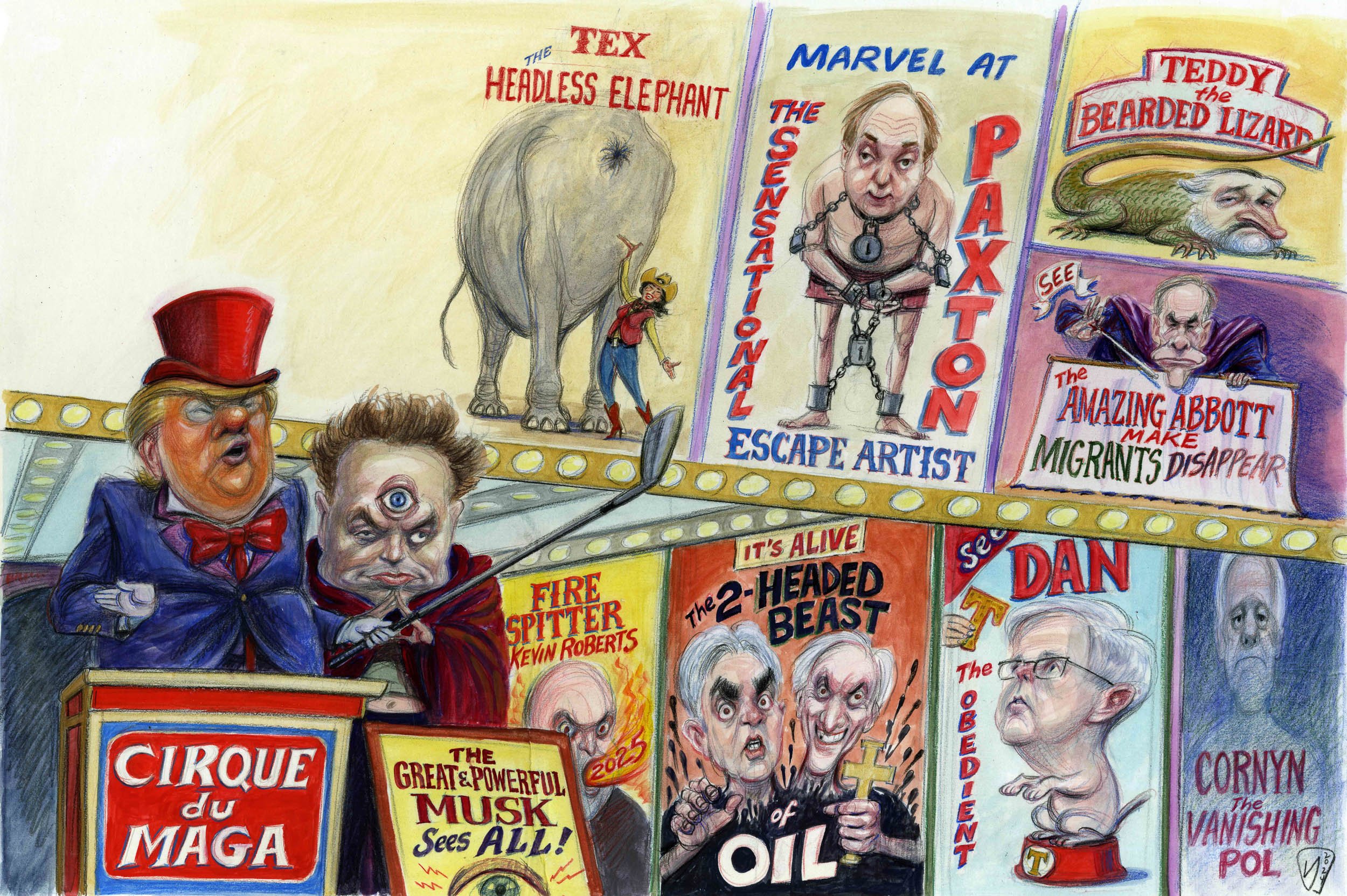Afterword
Among the Scraps of Left-Over Notes
I don’t know how to start writing again after so long an absence. I cannot make words move. They have become heavy weights. I resist them–or, fancifully, they resist me. I am uncomfortable trying to use them.
Words enabled me to function during much of my adult life. Now we are strangers. They no longer help me express how I feel about the unfamiliar place I am in. They offer no salvation and certainly no pleasure.
Occasionally I look at pages of old notes and I have a physical revulsion as I reread them–not because of their content but simply out of a deep distancing, an estrangement. I am a lapsed believer in the act of writing.
I am like a lover who once, over and over, carefully touched the features of a loved one with his fingertips–absorbed in his attention, his dedication–and now cannot find any interest in tracing the cold marble of his love’s remains.

I have always read determinedly, constantly to find out the world: to understand reality, to discover truth. With Byron’s death that need faded. When he died I found out all I needed to know.
I wanted to cry out: “My son, where are you?” I tried to reach him as I drove country roads. Sometimes I stopped and got out of the car and yelled his name to the sky. I could not accept that he was gone. I had carried him, as a child, on my shoulders across the living room. He had stood beside me at night on a lighted pier at Port Aransas and we had looked together into the dark waters of the Gulf. We had fished and camped and he had sat beside me in the car, and each year that he had grown older we were still father and son…. Now the words are meaningless: There is no son; there is no father of a son. His death cancelled me, and the house of my life sits on a bedrock of bleakness.
He died too desperately, too alone. I feel sometimes I should have been there in the cab of his truck in those last moments: to hold him, to reassure him. I think of his body lying in the truck as the days and months passed, his body gradually rotting beneath the Hill Country cedars and oaks from January to September.
(“Suicide”–I read recently–”is the final act of defiant despair.”)
Bears in the wild have been observed sitting on their haunches at the end of the day gazing toward the sunset, seemingly lost in meditation. . I have always had my bear-thoughts at sundown.
We do our momentarily meaningful acts in an ultimately meaningless world.
I could spend a lifetime just trying to understand the migration of birds, the incredibleness of the eye…. I do not know anything but have been amazed at almost everything. I wish Lucretius had not used his title first: On The Nature Of Things. That has been my title, my interest: the nature of things, what constitutes what we call reality.
I can’t stop focusing on the ordinary and the everyday because the ordinary is the essence of life’s mysteriousness.
The meaning of human experience is beyond the capacity of humans to understand.
Essentials: I guess that is what I was looking for on every walk I ever took. I thought: If I could just walk along and decode the simplest occurrence–a bird flying, a tree growing, a street sitting in afternoon shadow–then I could explain it all: our purposes, our lives.
I cannot shake loose from my terrible focus of recent years. I stare, hypnotized, into that miniscule place where life begins: where human sperm-meets-egg. Religion, art, philosophy, politics: what grand but secondary irrelevancies these seem to be beside the basics of genes and chromosomes. All mystery is there; all is contained, all is foretold for humans in that monumentally small space.
…The liverspots that will appear on the hand of a 50-year-old man are there, before birth, in the microscopic dot of his life. The billions of cells of his brain, the hairs in his nose, the network of veins and arteries and capillaries, the enzymes and lymph nodes and fingernails and 10 separate toes are there, in the human egg no larger than a pencil dot.
I cannot function. I walk around dot-dazzled, dot-dazed.
Trees–just ordinary roadside and pasture trees–were like trees of light in the summer sun. I drove Hill Country roads and looked at them, and at pastureland, and it was if I had just been born–had suddenly been given eyes. What more could a human want than to be in the Hill Country and look out a car window in July at fields, at grass? Every inch of the day astonished me….
I drove and I had, I knew, an enormous secret: I was, once again, a private witness to the blazing radiance of the earth.
And the moon: We do not know it. It rises nightly and as we go about our business we look up and yes, there it is in its space above the horizon. But we do not know it.
The moon: We say its name easily and it is easily seen. It is a constant and familiar sight in the sky–like a flower on the ground–but we can never really take it into our lives. A silver mystery, it keeps drifting past us–no more a part of our consciousness than the blood that moves silently through our veins.

I started out in my teens to figure it all out–God and religion and the meaning of life–and I gave it, I think, a very good shot. I tried. I read and I considered and I mulled it over and I read some more. I spend 50 of my 70 years in a dogged search for truth.
I finally quit. I don’t believe any human has ever had a clue about the origin of life and the meaning of life. I also believe that religious dogmatism, religious intransigence, religious conflict have been as great a stumbling block to human peace and sanity as any other force.
We really don’t know. We live in absolute ignorance of how it is with life, with the universe.
Prayer. I have never once understood it. If an all-knowing God is out there–or in here–why would He change His all-knowingness just because someone asked Him to?
Prayer. Two kids are dying of cancer. You mean to say that if Parent A prays for his son to be cured, it will make a difference? If Parent A didn’t ask, the kid dies?
Prayer. It’s as if there is a club and to join you say, I’m a Christian, and as a result you get special privileges, special compensations that others don’t get. God is the club president. He makes note of who applies, among billions, and who doesn’t, and He gives special dispensations to those who have asked for membership.
I heard a Catholic priest say once, in effect: God made this earthly life a place of sin. We humans are to suffer sin here, and then, if we believe properly, we join God everlastingly in a perfect, peaceful union with Him.
Why bother to go through this particular human-life phase? If God can make all those wonderful situations happen as a Creator, why not simply have his creations join Him directly, forthwith, without the sin-filled detour of earthly human life? If He wants to grant us permanent union with Him, why not just do it? Why create the temporary life of sin-and-pain and then reward those–and only those–who agree to sign a special membership card–and punish to hell, eternal damnation–wherever–those who don’t sign? What kind of a vindictive God-of-Love is that? Obviously, such a notion of a Creator is a far cry from the Creator of wonderful human pleasures and delights: landscapes, music, orgasms, intellectual curiosity.
I don’t believe in sin. I don’t believe in an afterlife. But it doesn’t matter at all what I believe. It only matters what is.
I had wandered into the El Paso Centennial Museum at UTEP and found myself staring at a wall. On it was painted a pictorial chart of the geologic history of the earth. Other visitors to the museum came by, glanced at the colorful depictions of plants and animals, then drifted on. But I was transfixed. I couldn’t move.
At the bottom of the mural were the Proterozoic and Archeozoic eras. That section was without any representations because it was a time of “larval life” that had not left any record of itself. No fossils marked the stay of those first spores and invertebrates.
I gazed at the rectangle which, the letters to the side told me, was of a time period that was over 4,000,000,000 years old…. Now there was a nice, round figure to deal with. I mulled it over, trying to get a handle on what the earth could have been like 4,000,000,000 years ago. I shrugged, admitting helplessness in grasping the concept of billions, and moved upward.
No human folks there, either… still just a lot of very blue water and some wiggly aquatics as painted by S. Lopez, the artist. No Baptists around, no Muslims; no Immanuel Kant; just fishes and amphibians and reptiles and gymnosperms. The coal beds had started; Niagara Falls was cutting its way through Silurian rock; the caverns of Carlsbad were being hollowed out; lung fish were creeping landward.
I kept scanning upward–millions of years passing with every inch…. Finally, there they were: the dinosaurs, waiting to rise up out of the ferns about midway through the chart and claim their piece of evolutionary action. They began in the Mesozoic era along with birds and grasses and flowering plants. Then they died out, too, 140,000,000 years ago.
I reached the top of the chart and there we were at last: We-the-people, the creatures of consciousness. We were a rather hairy-looking lot, of course, but we indeed had made it–a few billion years late to the Creation Party but nevertheless upright and striding across the African savannas as if we belonged.
That chart stayed with me over the years, resurfacing in my mind for a variety of reasons. Mainly, I think of it when I consider churches, or rather, churchgoers who often seem to ignore the God of evolution and focus only on the God of the narrow top slice of the chart: the God of humankind. It is as if they acknowledge that God created the world a long time ago–yes, of course, certainly–but He only got interested in things when nomadic tribes in the Middle East caught His attention a few thousand years ago.
To me, the God contained in churches, synagogues, and mosques is a God reduced–shrunk to fit human frailties and human needs. To me, a God who is God is not denominational–is not shaped to the fashion of religious dogma–but is the God of the whole incomprehensibly long process of life. He was the God of amoebas and mosses before He was ever the God of Aaron and Moses. But what He wanted–what His will was, what was on His mind during all those billions and millions of Archeozoic, Paleozoic, Mesozoic, and early Cenozoic days when the earth was silently turning in space and human-less no one can ever presume to know.
Contributing writer Elroy Bode lives in El Paso, where he teaches English in the public school system. His most recent collection of essays is Home Country: An Elroy Bode Reader (Texas Western Press).


